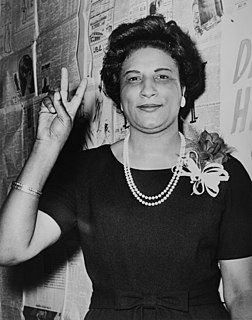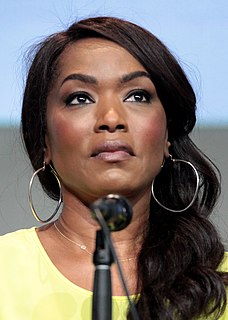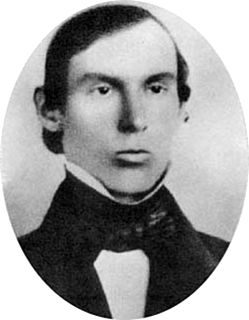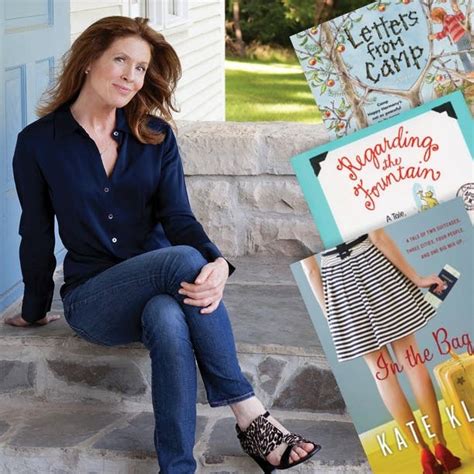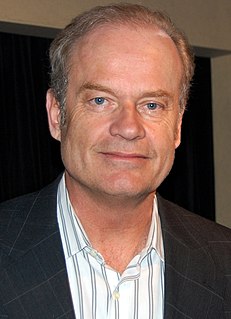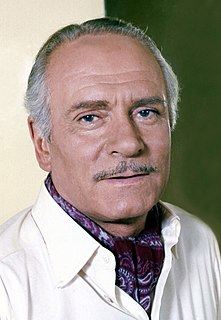Top 461 Macbeth Essay Quotes & Sayings
Explore popular Macbeth Essay quotes.
Last updated on April 13, 2025.
Of course it's possible for political essays to be artful. I just want to call into question the dominance of content over form in the history of the essay. I want us to recognize that there's art involved in making this stuff, because we still don't approach the constructed nature of the essay with the same appreciation that we do poetry or fiction.
I began as a fiction writer - I had written three novels in my 20s and 30s. But as my work has gravitated towards literary nonfiction, or lyric essay or poetic essay, whatever you want to call it, I'm constantly beating my head against the wall 'cause I'm teaching a genre that's no longer that exciting to me and that I'm no longer practicing.
The book was just something that came along after we played the Super Bowl and I wrote a little essay that went online. Then I had two or three weeks and I said, wow, that essay was pretty good. Maybe I'll try and write some other stuff. Writing about the depression, I just felt - you know, when you write a book like this, you have to open up your life. You have to be willing to do so to a certain degree.
If one writing contributed more than any other to the framework in which this work Sowell's Knowledge and Decisions developed, it would be an essay entitled 'The Use of Knowledge in Society,' published in the American Economic Review of September 1945, and written by F. A. Hayek . . In this plain and apparently simple essay was a deeply penetrating insight into the way societies function and malfunction, and clues as to why they are so often and so profoundly misunderstood.
I began researching and writing what I intended as a book-length essay entitled Fascination and Liberation, exploring the question of whether there is a conflict between creativity and the Eastern form of enlightenment. I don't know if I'll ever finish that essay, because I had an experience, after I'd written two or three chapters, in which it seemed to me that my psychic antibodies decisively rejected Buddhism. Interestingly, the rejection felt as if it happened in Zen terms.
I have such a great thing I want to do with Lady Macbeth - make her one of the witches - and I have this whole thing where she's very light and dressed in pink and dancing Gaelic dances and throwing roses, but then when her husband's coming home, she does incantations and pulls her hair back, puts on a black leather trenchcoat. I mean, I could tear it up if somebody would give me the chance! But do you think someone would ever let me do Lady Macbeth? I doubt it. But I'm going to keep talking about it.
Back in the day, a lot of our instructors in nonfiction were actually fiction scholars. So they would bring in stories as models for the essay. And in some ways that's a good idea, because we can all learn from other genres. But I think it also made me realize that I literally didn't have an essay model, and that if I wanted one I would have to find it.
Hamlet is to Macbeth somewhat as the Ghost is to the Witches. Revenge, or ambition, in its inception may have a lofty, even a majestic countenance, but when it has "coupled hell" and become crime, it grows increasingly foul and sordid. We love and admire Hamlet so much at the beginning that we tend to forget that he is as hot-blooded as the earlier Macbeth when he kills Polonius and the King, cold-blooded as the later Macbeth or Iago when he sends Rosencrantz and Guildenstern to death.
I try to write things that can't be made into movies. My novels have thwarted many attempts to film them and I think that was true of the essay, too. If you'd actually tried to be true to the essay, it would have been, perhaps, boring. So taking that narrow little cast of characters and expanding it out, that was what was exciting about the project for me.
My presence isn't simply about "character" - I'm present in every part and particle of the thing, in the sound and rhythm of the sentences, in the shifting tones and the selection of details, in the comedy, the sadness, and the confusion. For the space of an essay, I'm the air you breathe, everywhere and nowhere. With a personal essay, I don't think you'd want it any other way. You ought to have the sense of an encounter, the impression of having met someone. In my essays, for better or worse, that someone is me.
A key text for me is James Baldwin's essays. And, in particular, his essay Stranger in the Village. It's a text that I've used in a lot of paintings. The essay is from the mid-'50s, when he's moved to Switzerland to work on a novel, and he finds himself the only black man living in a tiny Swiss village. He even says, "They don't believe I'm American - black people come from Africa." The essay is not only about race relations, but about what it means to be a stranger anywhere.
Too much me is annoying under any circumstance, but too much me in an essay, however personal, would mar the art. My "character" in the essay is more like a perspective, an angle of vision, a complicating factor, a questioning presence. I don't sit on the sidelines or pretend to objectivity; and I'm not afraid to stick my neck out or to be revealing and vulnerable.
Macbeth: How does your patient, doctor? Doctor: Not so sick, my lord, as she is troubled with thick-coming fancies that keep her from rest. Macbeth: Cure her of that! Canst thou not minister to a mind diseased, pluck from the memory a rooted sorrow, raze out the written troubles of the brain, and with some sweet oblivious antidote cleanse the stuffed bosom of that perilous stuff which weighs upon her heart. Doctor: Therein the patient must minister to himself.
Our job as friends, mentors, parents, and writing coaches is not to write anyone's college essay. That's cheating. Plus, it sends a discouraging message to the teenager that he or she can't be trusted with this important assignment. Trust the student to write the essay, but verify that it gets done. Gentle editing and proofreading are allowed.
I had a really bad blushing problem when I was younger. The first time I ever performed was in an English class. I had an essay that I was supposed to write, and, instead of writing an essay, I wrote a song. So, I was playing this song in class, and I literally turned the color of this sweater that I was wearing, completely red. I think it was that feeling of challenging everything in me, my introverted personality. Like, "This is what you have to do. It doesn't matter if you do it wrong, you just have to do it."
The usual reproach against the essay, that it is fragmentary and random, itself assumes the givenness of totality and suggests that man is in control of this totality. The desire of the essay, though, is not to filter the eternal out of the transitory; it wants, rather, to make the transitory eternal.
Purple light passed over the paper, but nothing happened. "Next!" Amy said. She was sure the man in black was going to burst in on them any second. "Whoa!" Dan said. Amy gripped his arm. "You found it?" "No, but look! This whole essay - 'To the Royal Academy.' He wrote a whole essay on farts!" Dan grinned with delight. "He's proposing a scientific study on different fart smells. You're right, Amy. This guy was a genius!











